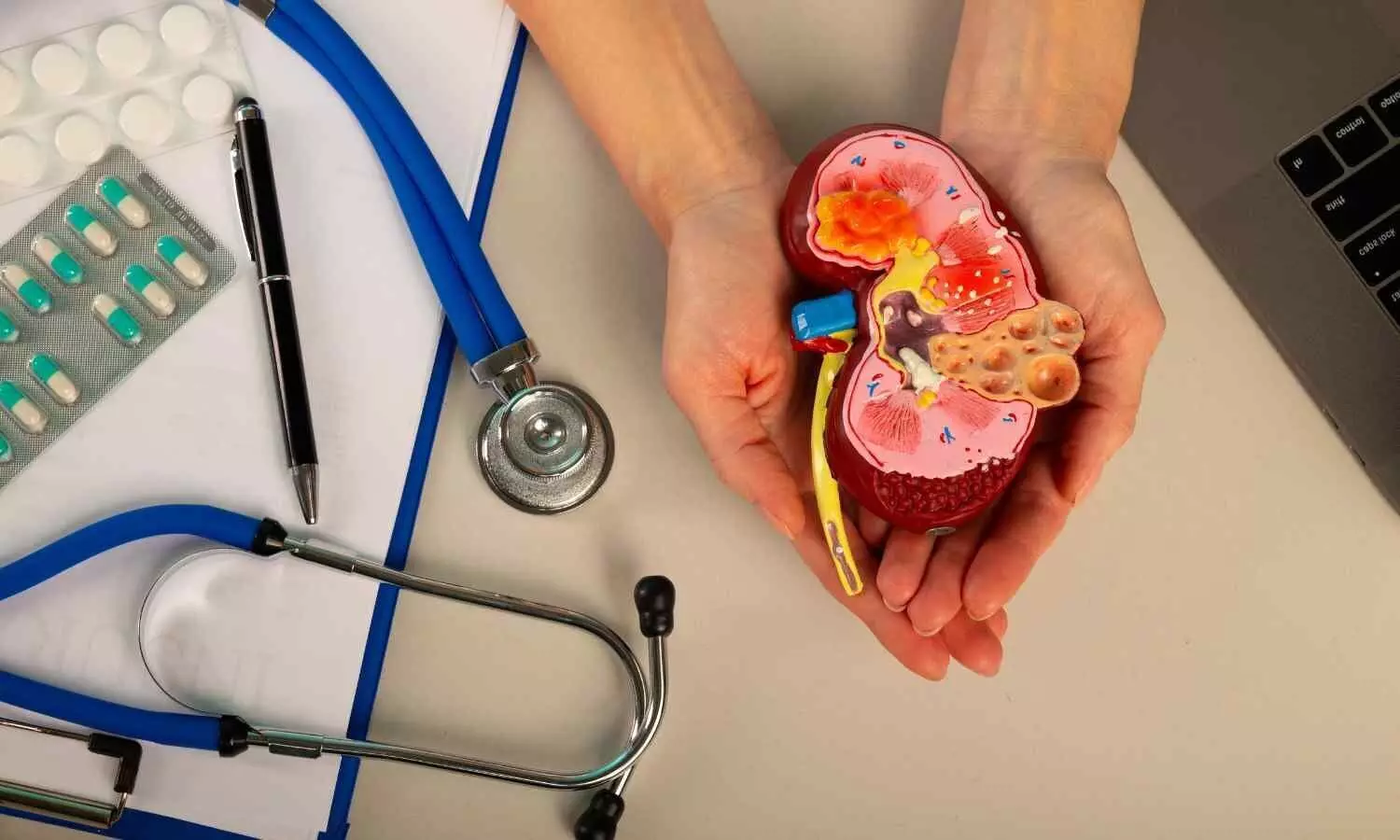High Uric Acid at ICU Admission Signals Higher Risk of Kidney Complications and Mortality: Study
- byDoctor News Daily Team
- 04 October, 2025
- 0 Comments
- 0 Mins

An ancillary analysis of the FROG-ICU cohort, published inAnaesthesia Critical Care & Pain Medicine, has found that elevated serum uric acid levels at the time of intensive care unit admission are strongly associated with adverse outcomes, including higher mortality and kidney complications. The study, known as the URIC-ICU analysis, examined whether uric acid could serve as a prognostic marker in critically ill patients. The authors report that patients with high uric acid at admission had worse survival rates at both 90 days and one year, along with an increased risk of acute kidney injury and major adverse kidney events within 30 days. Importantly, the study revealed that the link between uric acid and poor outcomes persisted even in patients who had normal kidney function at the time of ICU admission. This suggests that uric acid itself may be more than a simple indicator of kidney dysfunction and could play a role in the pathophysiology of critical illness. The researchers highlight that uric acid reflects metabolic stress, oxidative injury, and systemic inflammation, all of which can contribute to organ damage and mortality. By identifying high-risk patients early through a simple blood test, clinicians may have an opportunity to improve monitoring and consider targeted interventions. The findings support the use of serum uric acid as a potential biomarker for risk stratification in intensive care. While the study underscores the prognostic value of uric acid, the authors also caution that further research is needed to determine whether lowering uric acid levels can directly improve patient outcomes. Nevertheless, the URIC-ICU analysis offers important insights for critical care practice, suggesting that measuring uric acid at admission could help identify patients who require closer surveillance and more aggressive management.
Disclaimer: This website is designed for healthcare professionals and serves solely for informational purposes.
The content provided should not be interpreted as medical advice, diagnosis, treatment recommendations, prescriptions, or endorsements of specific medical practices. It is not a replacement for professional medical consultation or the expertise of a licensed healthcare provider.
Given the ever-evolving nature of medical science, we strive to keep our information accurate and up to date. However, we do not guarantee the completeness or accuracy of the content.
If you come across any inconsistencies, please reach out to us at
admin@doctornewsdaily.com.
We do not support or endorse medical opinions, treatments, or recommendations that contradict the advice of qualified healthcare professionals.
By using this website, you agree to our
Terms of Use,
Privacy Policy, and
Advertisement Policy.
For further details, please review our
Full Disclaimer.
Recent News
AbbVie concludes acquisition of Gilgamesh Pharma B...
- 21 October, 2025
Dr Soumya Swaminathan conferred Honorary Doctorate...
- 21 October, 2025
Bengaluru Dermatologist Sent to Judicial Custody A...
- 21 October, 2025
NMC approval to 110 PG medical seats in JnK
- 21 October, 2025
Daily Newsletter
Get all the top stories from Blogs to keep track.


0 Comments
Post a comment
No comments yet. Be the first to comment!